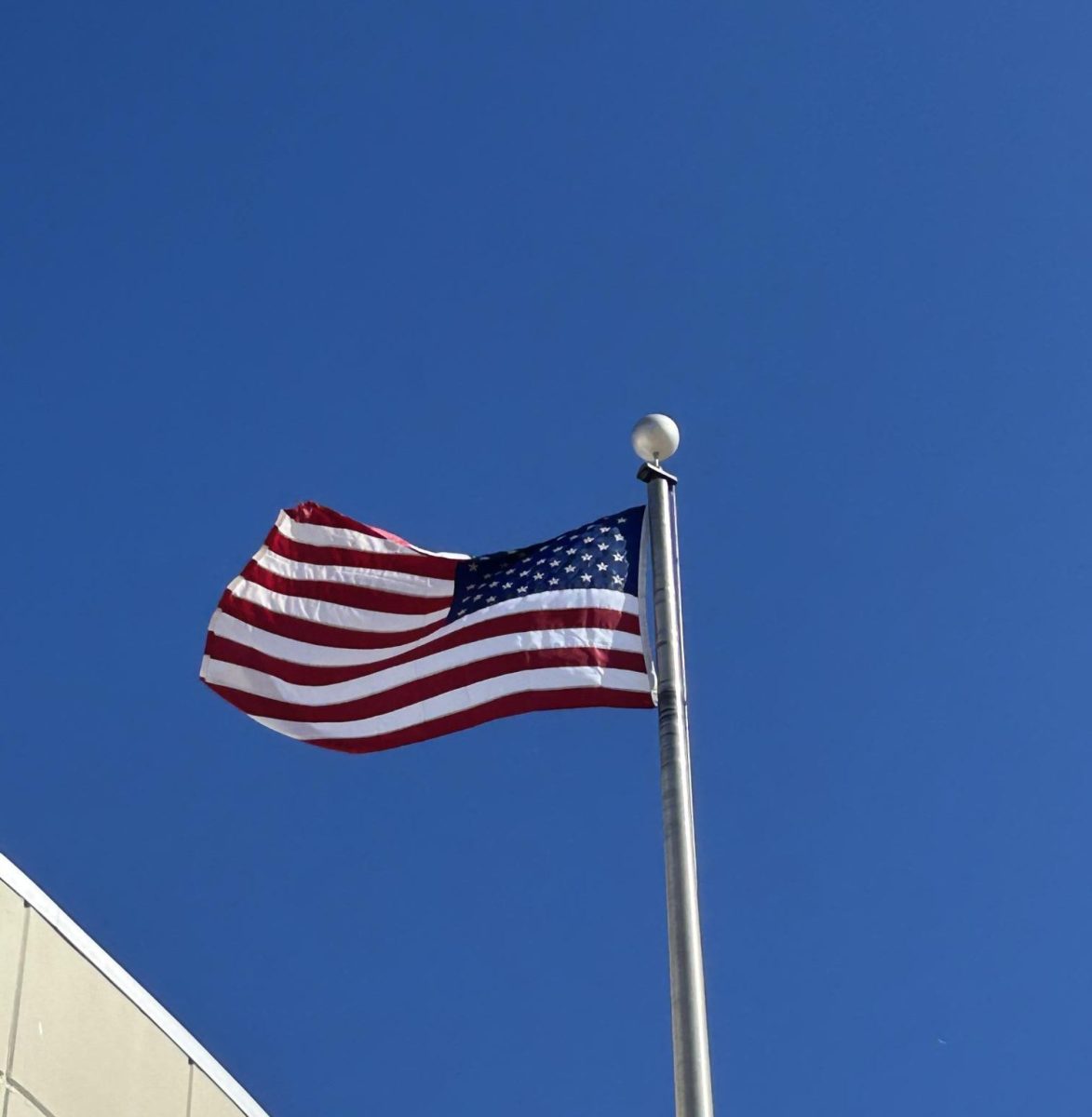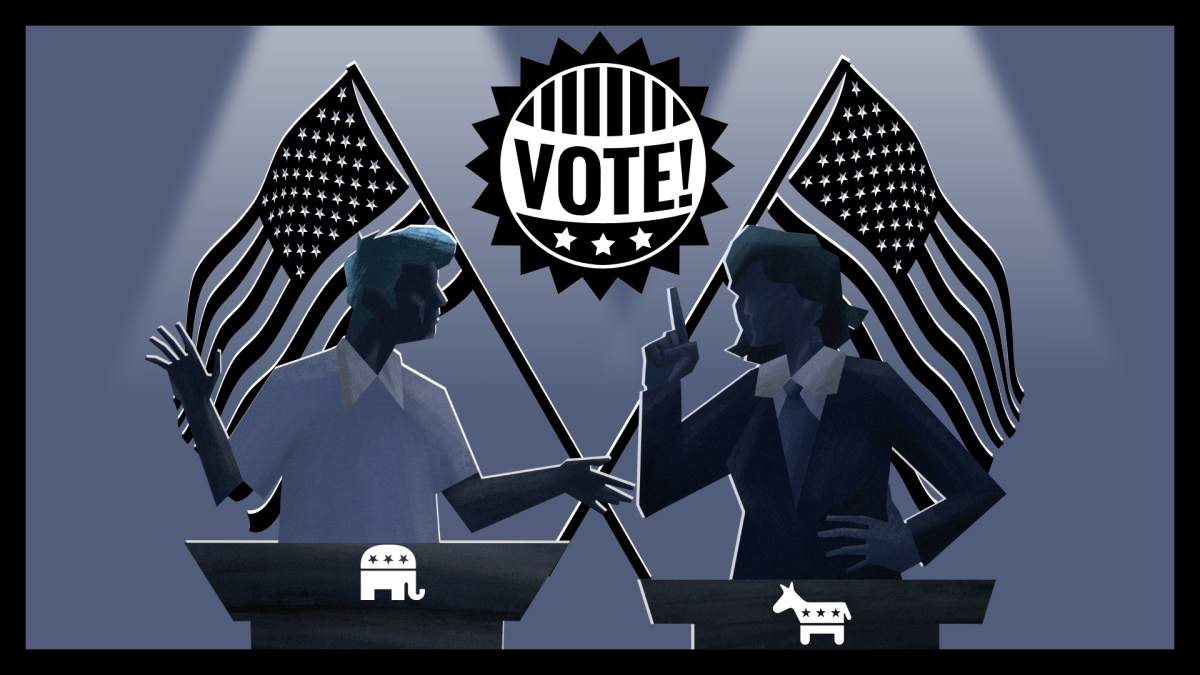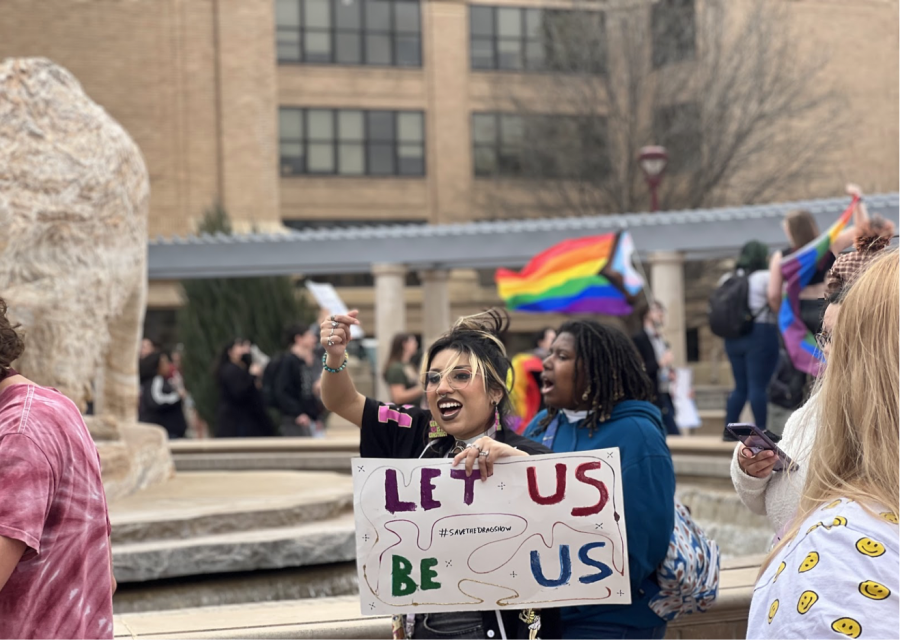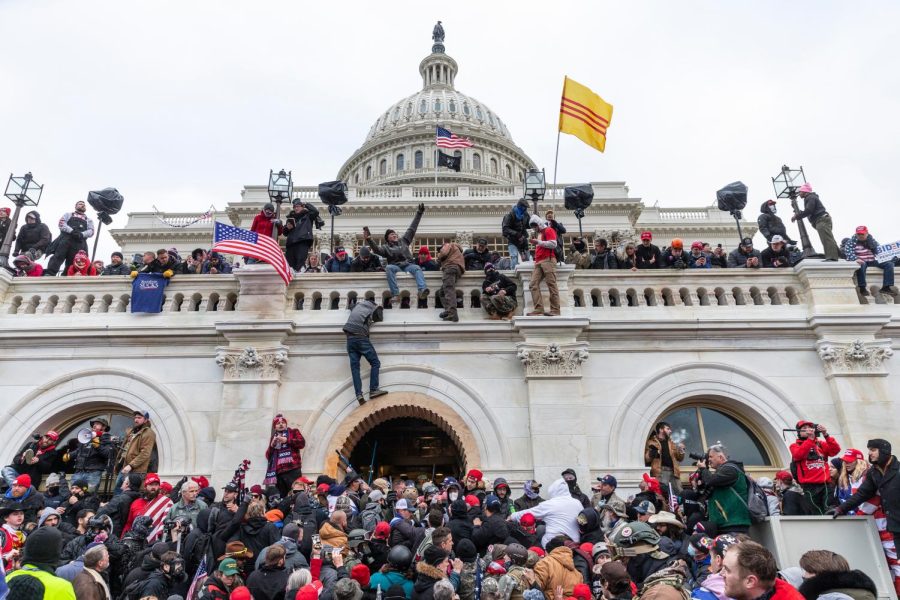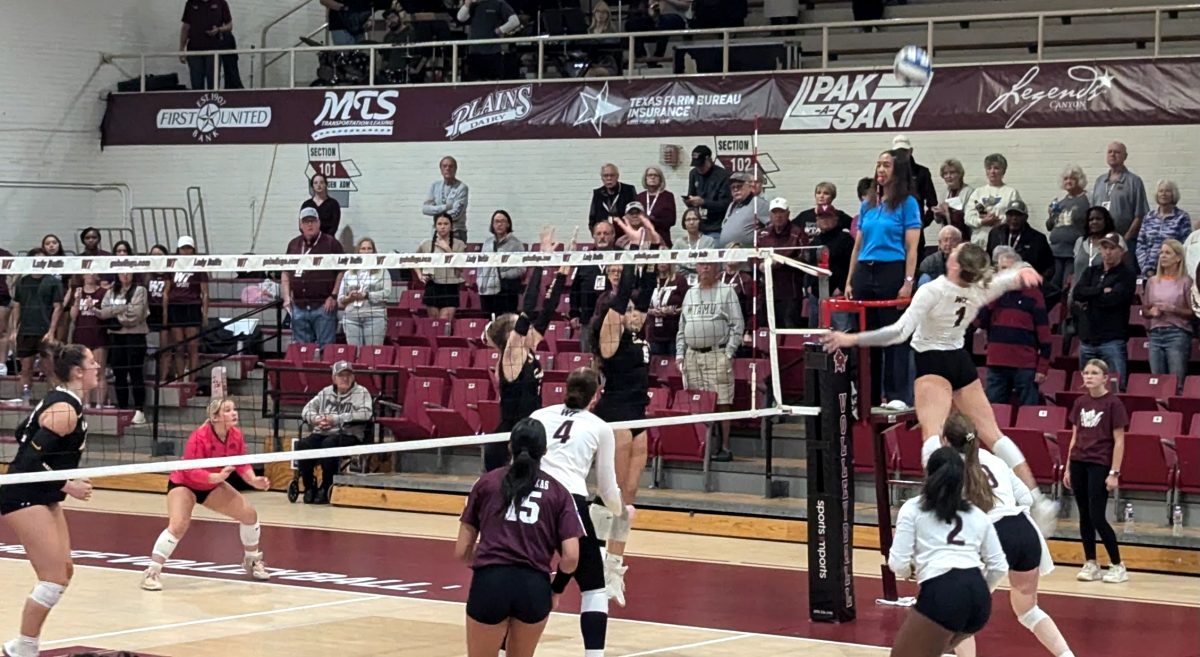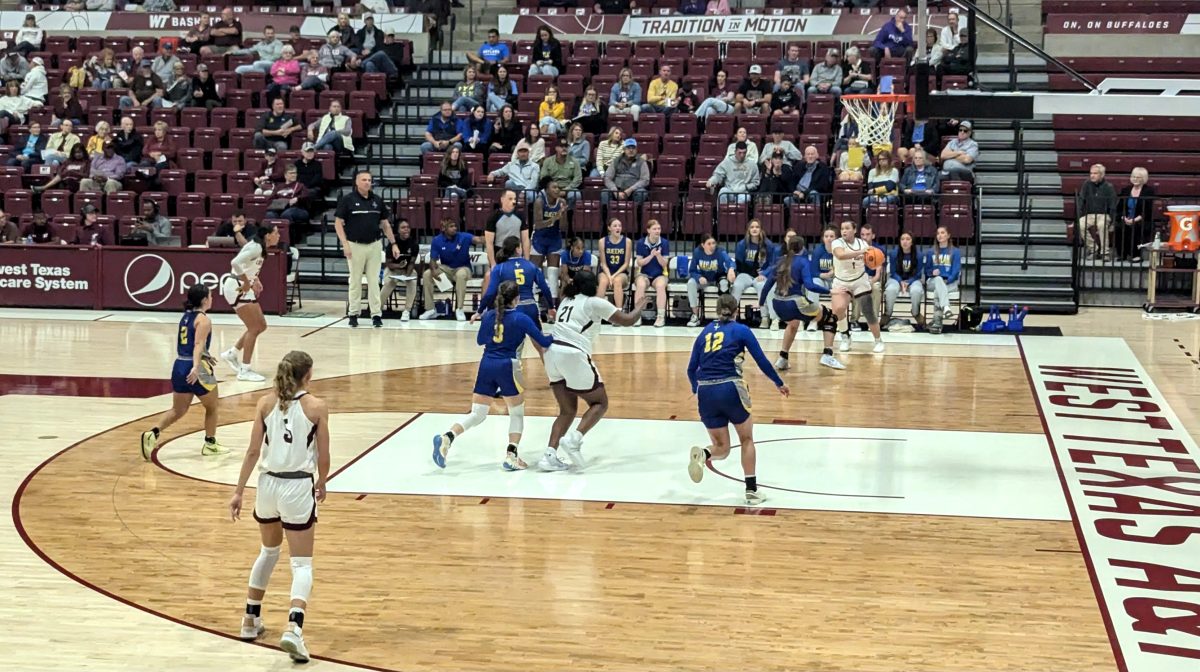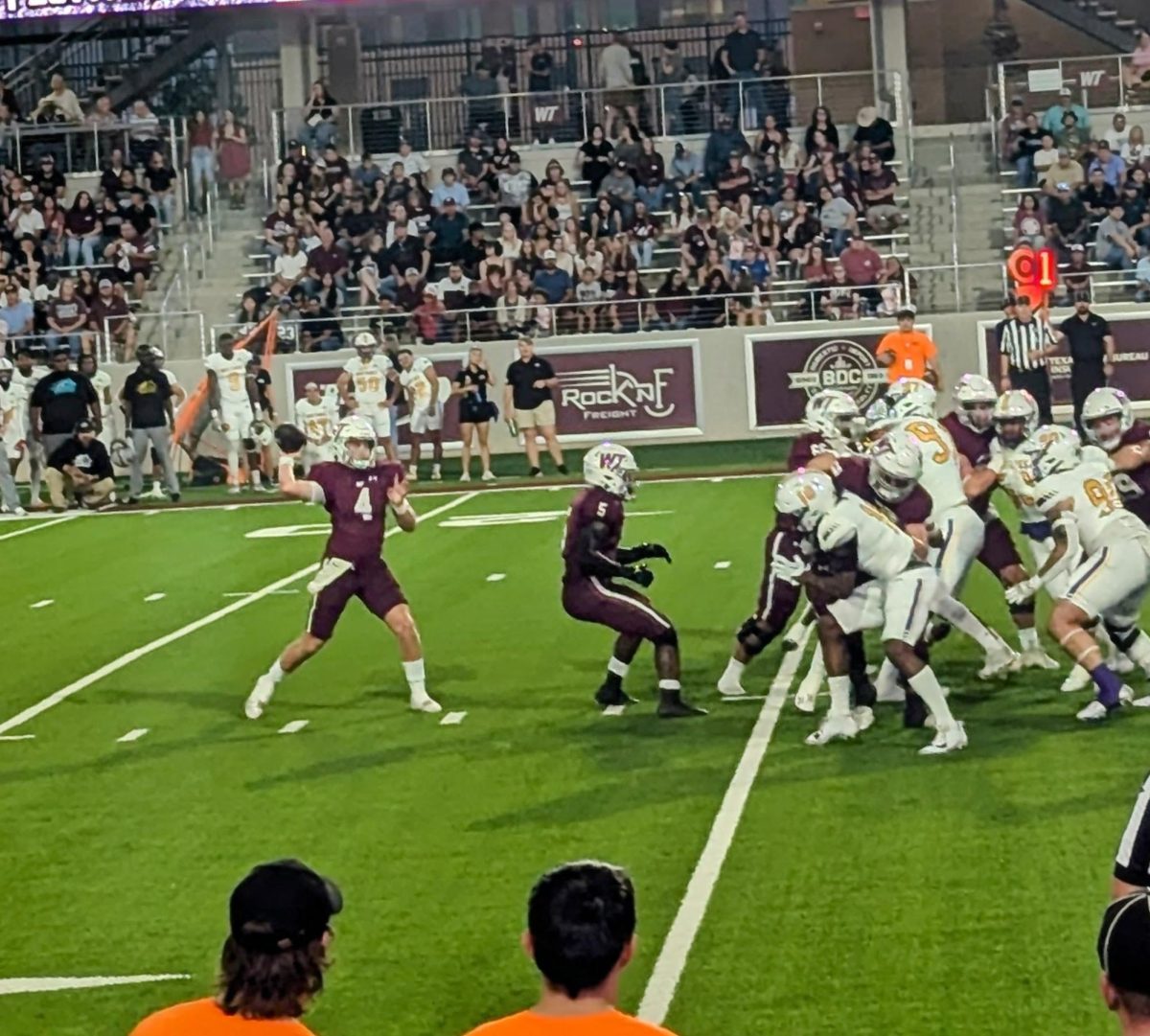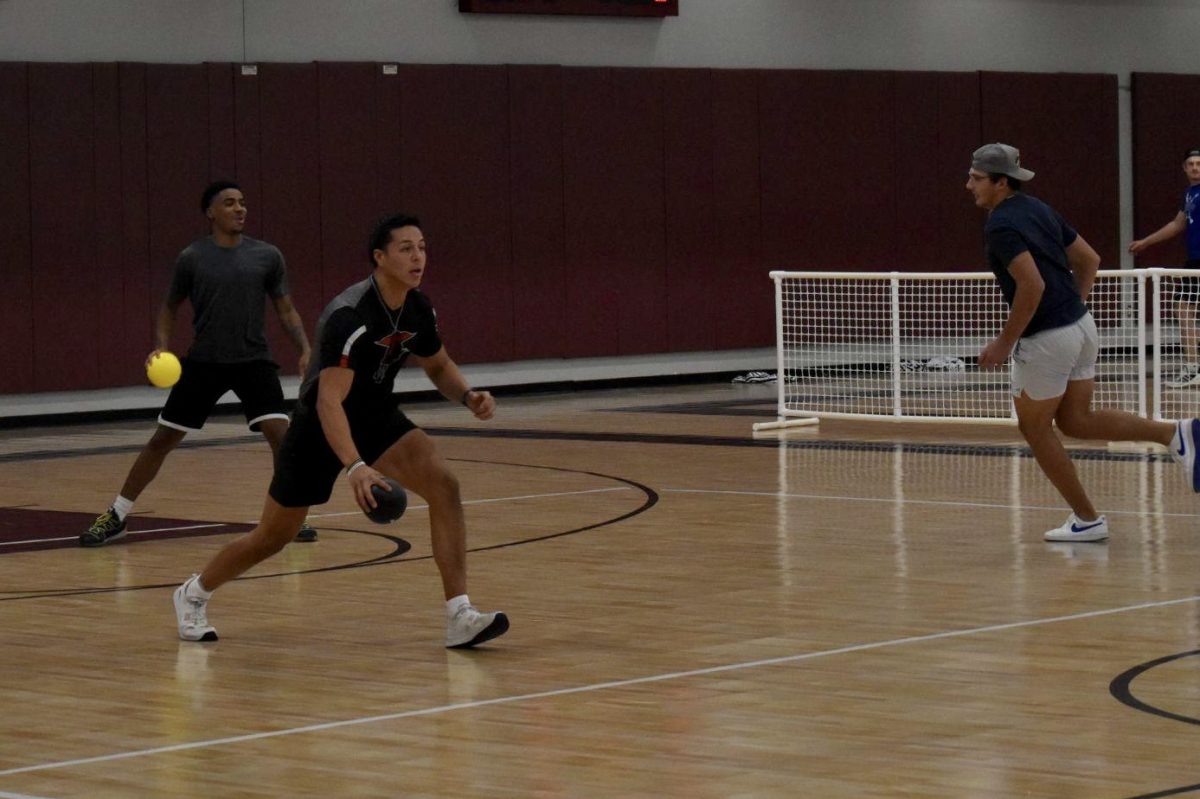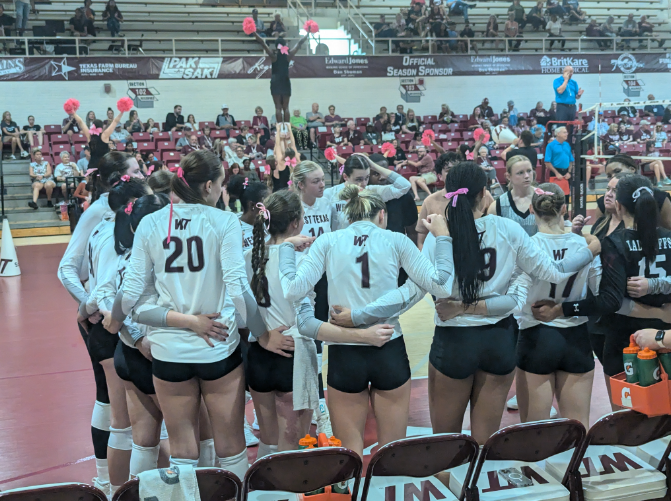
If you read last week’s column, I set down my disdain for the horrendous offseason that Texas A&M and 2012 Heisman Trophy winner Johnny Manziel had. Most recently and notably, Manziel found himself mired in an autograph scandal that he had allegedly signed autographs for thousands of dollars in January. That accusation was enough to start an NCAA investigation into the matter.
The charges were serious enough to put Aggies head coach Kevin Sumlin in a serious bind: does he play the controversial but exciting sophomore Manziel or play the second string quarterback to save face? It was shaping up to be a tough decision. On one hand, if Manziel played, then Sumlin risked having to give up all the wins and stats if the NCAA ruled he would be ineligible but, if Manziel didn’t play, then he was resting the season squarely on inexperienced shoulders while a Heisman winner was on the sidelines.
The NCAA put that little baby to bed on Wednesday, announcing that Manziel would be suspended for the first half of the Aggies season-opener on Saturday against the traditional cupcake, Rice. The NCAA said it lacked evidence to implicate Manziel on the signing for money charge but rather suspended him for a secondary violation in relation to the autographs.
For me, first half suspensions are those handed down in junior high football when the principal finds you canoodling with a girl in the janitor’s closet, not for signing an extraordinary number of autographs. A half of football? Really? That’s 30 minutes. That’s the same amount of time that it takes me to eat a good meal. Does that even count as giving a rip on the part of the NCAA?
For me, even with my dislike of Manziel, I find that Johnny Football, as he is commonly called, is an inadvertent victim of a terrible system of justice that we call the NCAA. It seems to me that the non-profit governing body of collegiate athletics put all their possible punishments on a dartboard and is terrible at playing darts. In other words, standards of punishment in the NCAA are just as complicated and maddening as their absurd rulebook.
Following the Penn State/Jerry Sandusky scandal in 2012, the NCAA did not conduct his or her own investigation into the issue, but instead relied on a controversial report authored by a former FBI director. The NCAA issued sanctions on the university based on how the scandal affected the NCAA’s image, even though there were no actual violations on the part of Penn State. Similar sanctions were handed down to Southern California after their case involving the parents of Heisman winner running back Reggie Bush received during his time in Los Angeles.
The worst case of disparity in the punishment process for the NCAA is the case with the University of Miami in Florida. In the summer of 2011, it was revealed that Nevin Shapiro, who is serving a prison sentence for masterminding a South Florida Ponzi scheme, admitted to providing impermissible benefits to 72 players for eight years from 2002 to 2010, which included visits to strip clubs and rides on Shapiro’s yacht. The Hurricanes (who our sports editor Matt Watkins is somehow a fan of) have since got a new coach but their recruiting has been in limbo ever since, due to lingering concerns of sanctions. That was in 2011 and the NCAA has yet to rule on the case even though the booster admitted to providing benefits.
Basically, when it comes to the NCAA, there are two things that one should know: they are parents who play favorites and they are not a bona fide court of law. The two go hand-in-hand, really.
When it comes to handing down punishments, the NCAA bases two factors on their punishment decisions: a healthy bottom line and the court of public opinion. Is it good for the non-profit’s pocketbook? Does it look good to the public? In the case of Penn State, there were no actual violations and it didn’t help the NCAA money situation. But, it does look good that the NCAA cares about the case, so they basically destroyed a once-great program to save face. Now, I’m not saying that the child sex abuse issues at Penn State aren’t horrendous, they just aren’t an NCAA issue.
In the case of Johnny Football, the NCAA again acted on these two factors. Johnny Manziel, in just one season, transformed himself into one of the biggest celebrities and moneymakers in college football history. Thus, because Manziel attracts television ratings, the NCAA couldn’t pull him off the air. But it does look good that they care, even if the suspension is so small.
So, in my mind, the claim that the NCAA had “no evidence” to justify dropping the case against Manziel is a farce. Plain and simple. But it sounds good, which is a good thing for the NCAA monopoly.



